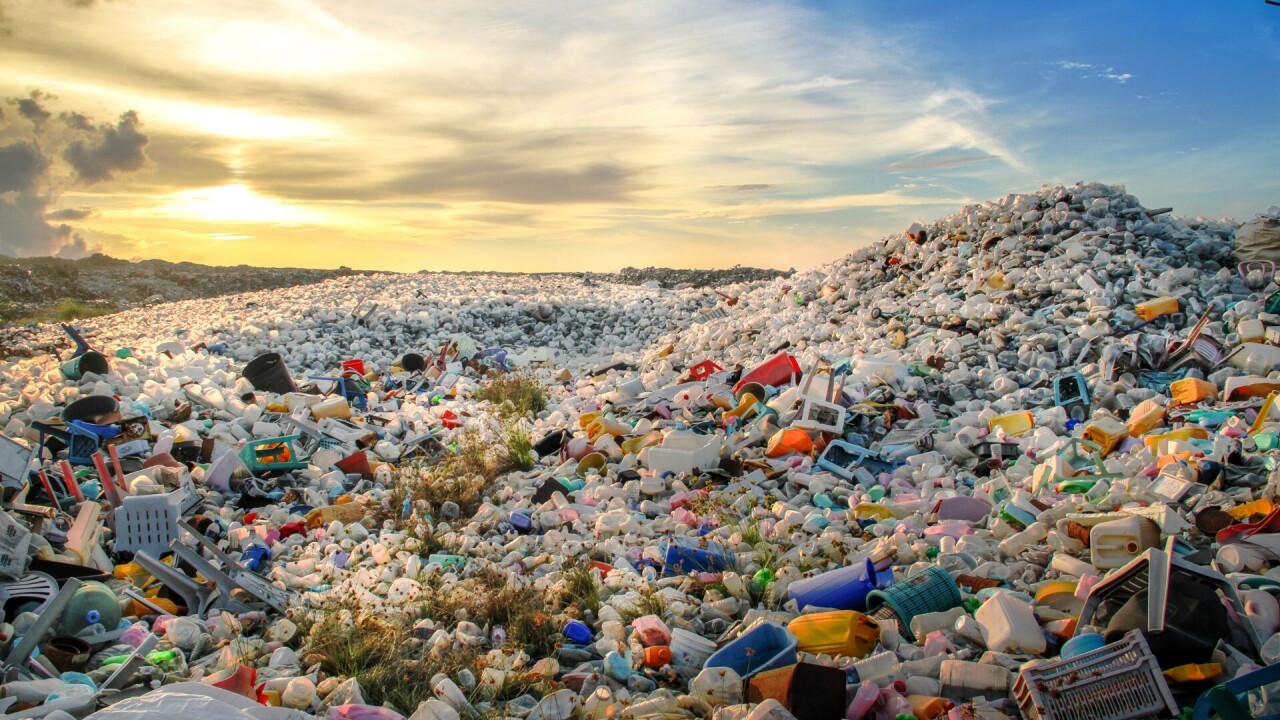
A Dutch startup has devised a way to convert mountains of plastic waste into chemicals essential for the production of a wide range of goods, from bottles to batteries.
BioBTX has patented the process — known as Integrated Cascading Catalytic Pyrolysis — and just secured €80mn to scale it up.
Armed with the fresh funds, the company will build a factory in Groningen capable of converting 20,000 tonnes of plastic waste a year into chemicals like benzene, toluene, and xylene. Scientists refer to these hydrocarbons as aromatic compounds due to their unique smell.
Aromatics form the building blocks of the chemicalindustry. Everything from drugs to nylon clothing and wind turbine blades make us of aromatic compounds.
While the chemicals occur in nature, most are made by humans using crude oil. By turning plastic waste into a resource, BioBTX wants to reduce the amount of oil that needs to be pumped out of the ground, slashing emissions.
The chemicals manufacturer has been operating a demonstration facility at the PETRA Circular Chemicals Plant in Delfzijl, the Netherlands, since April 2022. Last year, it partnered with Norwegian recycling company Agilyx to explore the possibility of opening a much bigger factory, which is now under development.
BioBTX is tapping a huge market. Global demand for benzene alone was valued at $46bn in 2023, and is expected to almost double by 2031.
Perhaps that’s how the startup managed to secure such a sizeable investment, despite the currently challenging funding environment.
“This funding is a crucial step in creating a sustainable pathway for the chemical industry — and we are excited to take the lead from Groningen,” said Ton Vries, CEO of BioBTX.
The €80mn investment round includes backing from Invest-NL, private equity investor Infinity Recycling, and German chemical firm Covestro. The Dutch government also added €14mn to the pot, in a show of state support for the technology.
Get the TNW newsletter
Get the most important tech news in your inbox each week.




